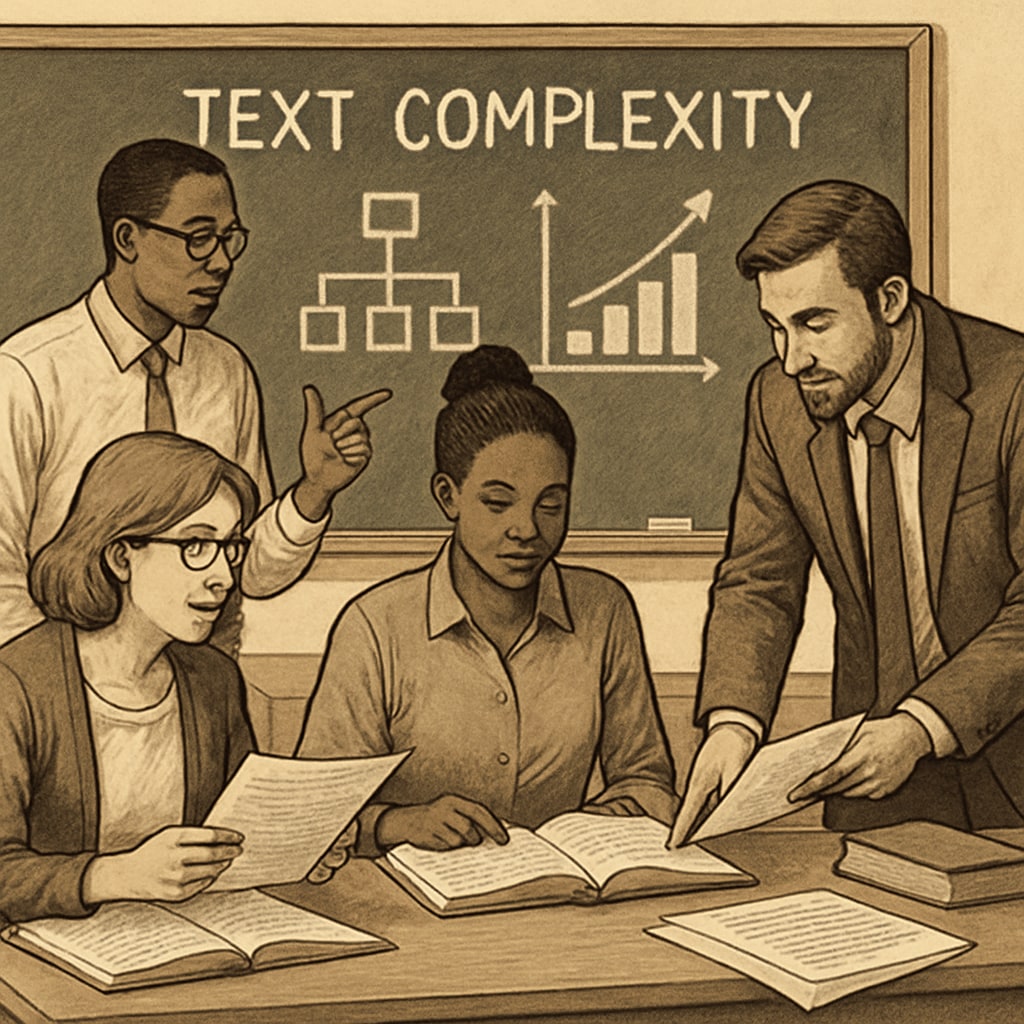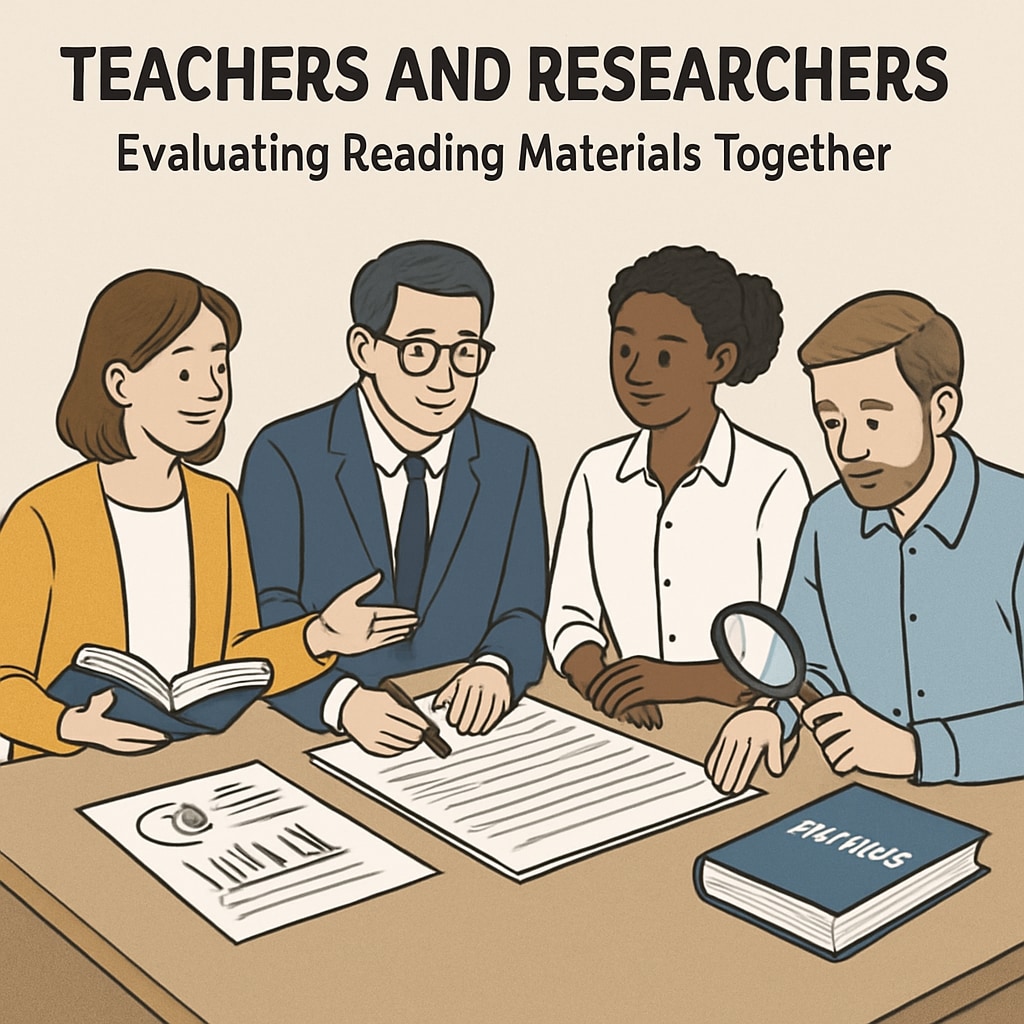Reading comprehension, text complexity, and teacher volunteers are at the heart of advancing education. As schools aim to equip students with the literacy skills needed for future success, one critical factor often overlooked is the complexity of texts used in classrooms. Teachers, as the architects of learning, have a unique opportunity to contribute their expertise to research on text complexity, thereby shaping the future of reading comprehension assessments and educational resources.
Imagine dedicating just 30 minutes to a task that could redefine how reading is taught. Researchers are seeking K-12 teacher volunteers to evaluate reading materials and offer insights into their complexity. This collective effort could lead to improved teaching systems, better-aligned resources, and enhanced student outcomes.
The Importance of Text Complexity in Reading Education
Text complexity refers to the difficulty level of written materials, determined by factors such as vocabulary, sentence structure, and content. Understanding text complexity is crucial for crafting effective reading curricula that match students’ developmental stages. For example, texts that are too simplistic may fail to challenge students, while overly complex materials can lead to frustration and disengagement.
According to Reading comprehension on Wikipedia, comprehension is not just about decoding words but also involves understanding meanings, themes, and context. Teachers, through their daily interaction with students, are uniquely positioned to assess whether texts meet these criteria.

Why Teacher Participation Matters
Teachers bring unparalleled insight into how students interact with reading materials. Their observations and feedback are invaluable for determining whether texts appropriately challenge students and foster growth. By participating in research tasks, educators can:
- Provide real-world perspectives on text complexity in classrooms.
- Influence the development of resources tailored to diverse learning needs.
- Help bridge the gap between academic research and practical teaching strategies.
As Britannica’s article on education emphasizes, collaborative efforts between researchers and educators are essential for advancing teaching methodologies. This partnership ensures that theoretical findings translate into actionable strategies for classrooms.

How to Get Involved
Participating in text complexity research is straightforward and requires minimal time commitment. Teachers can complete brief 30-minute assessment tasks designed to evaluate reading materials. These tasks involve analyzing texts for factors such as vocabulary difficulty, sentence length, and thematic relevance.
Getting involved also offers teachers the chance to contribute to a larger cause—shaping the future of reading education. Their efforts will directly impact the development of tools and resources that empower students to excel in literacy.
Benefits of Participation:
- Contribute to evidence-based educational improvements.
- Support the creation of better-aligned teaching materials.
- Gain professional development opportunities through collaboration with researchers.
Shaping the Future of Reading Education
Every teacher who participates in text complexity research becomes a voice for their students and a catalyst for change. By sharing their expertise, educators can ensure that reading materials are both challenging and accessible, fostering lifelong learning and critical thinking skills.
In addition, this initiative supports equity in education. By refining text complexity analysis, schools can offer resources tailored to diverse student populations, including English language learners and those with learning disabilities.
Let’s join hands to build a bridge between research and practice, empowering teachers and students alike. Together, we can transform reading comprehension assessment into a tool that nurtures the minds of tomorrow.


